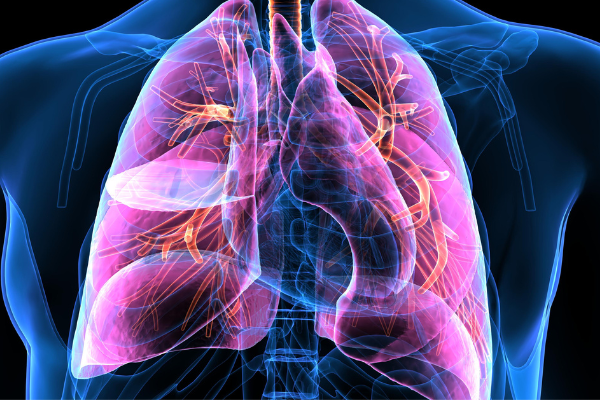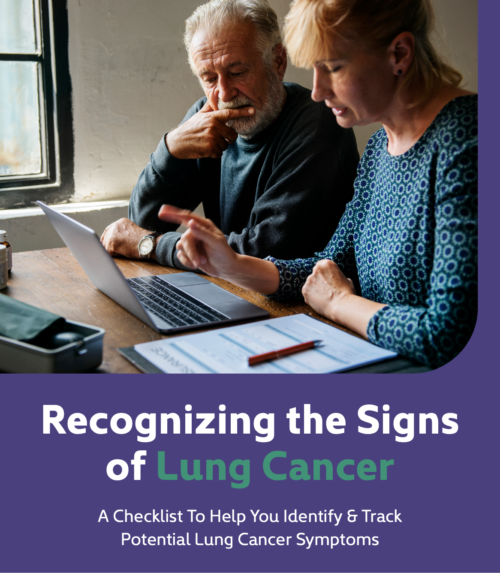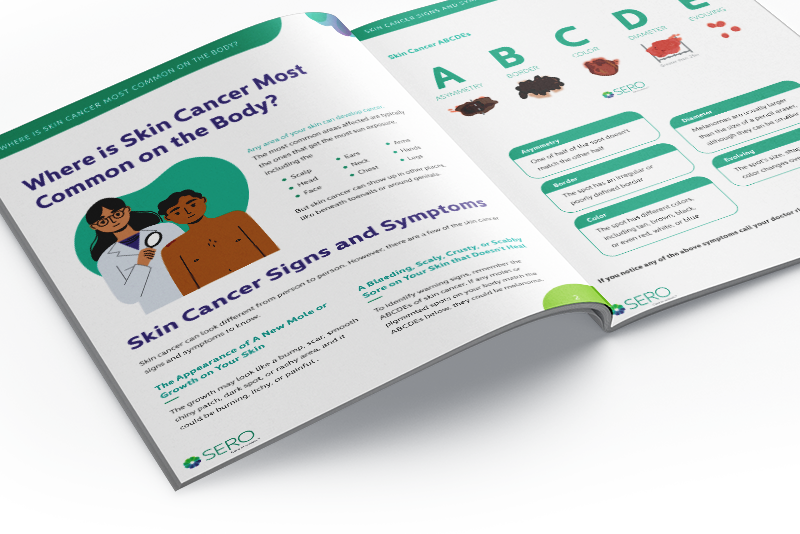Lung cancer is the leading cause of cancer deaths in the United States, taking an average of 382 lives per day¹.
The disease is known as a “silent killer” because it often goes undetected in its early stages. Patients may not notice warning signs like chest pain or chronic fatigue until it metastasizes. At that point, the disease is more challenging to treat.
Below, we discuss the signs and causes of lung cancer. We also offer insight into available treatment options, including radiation therapy.




